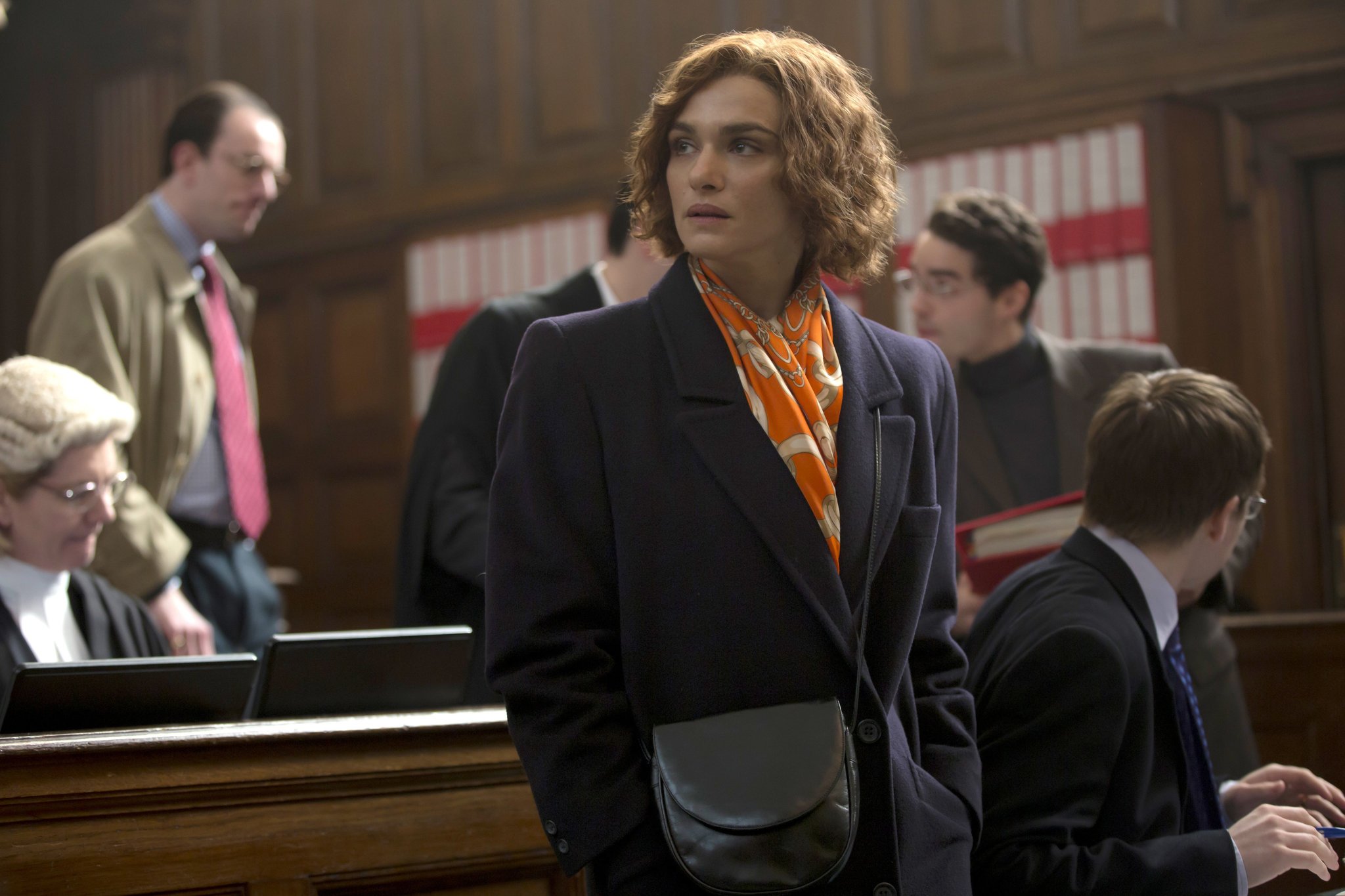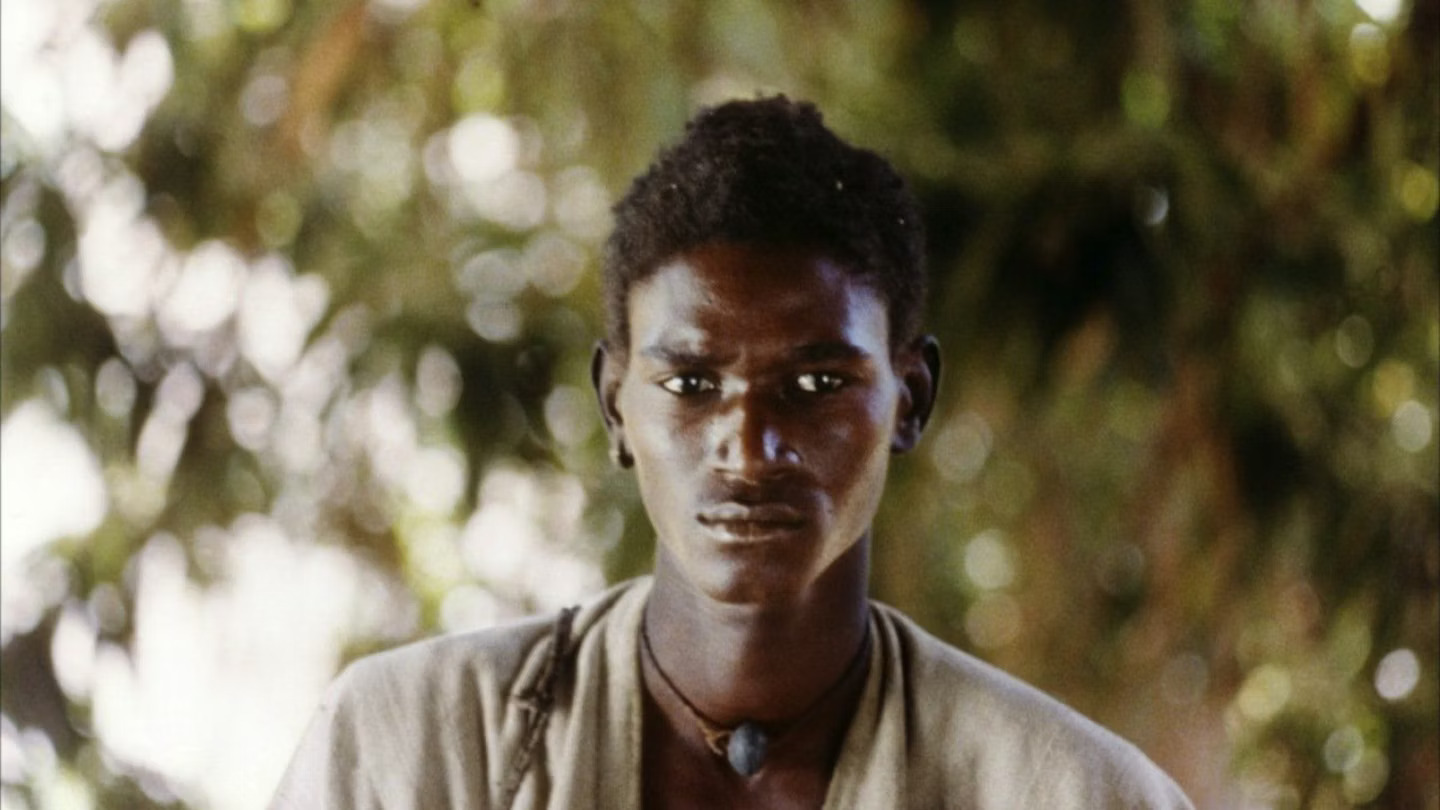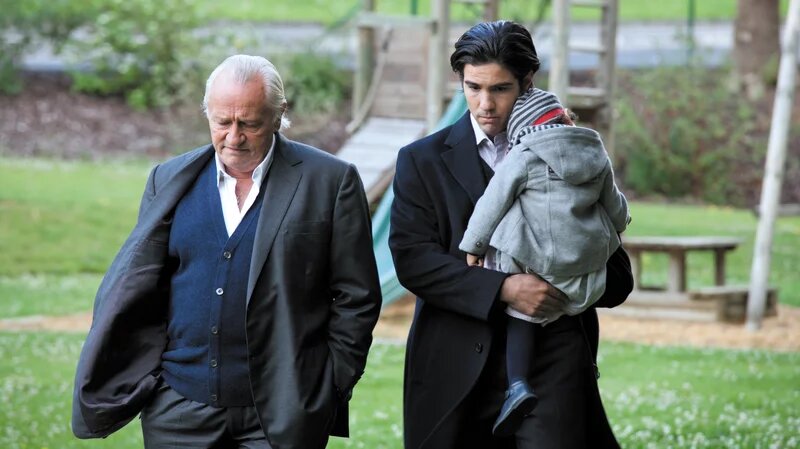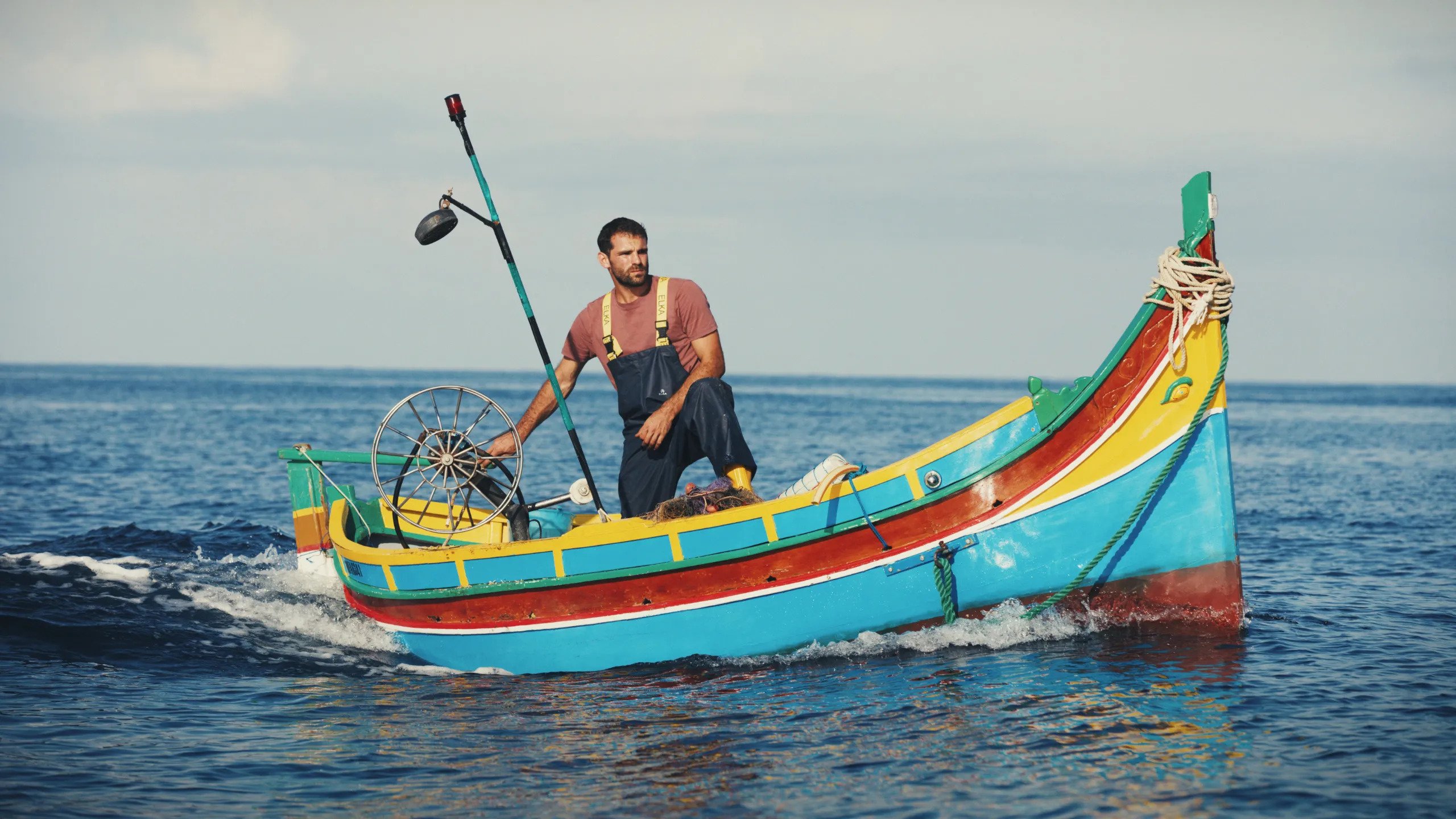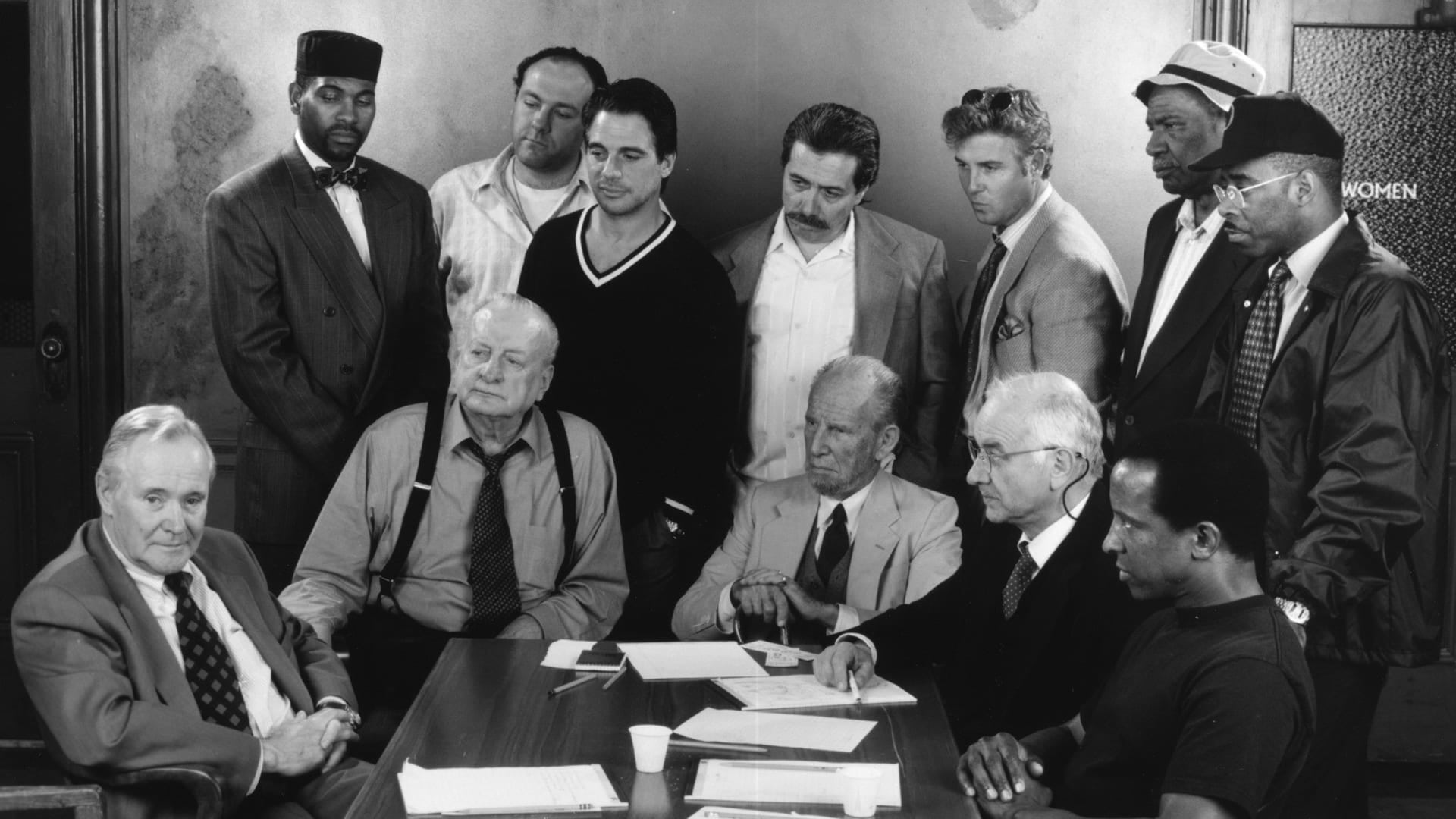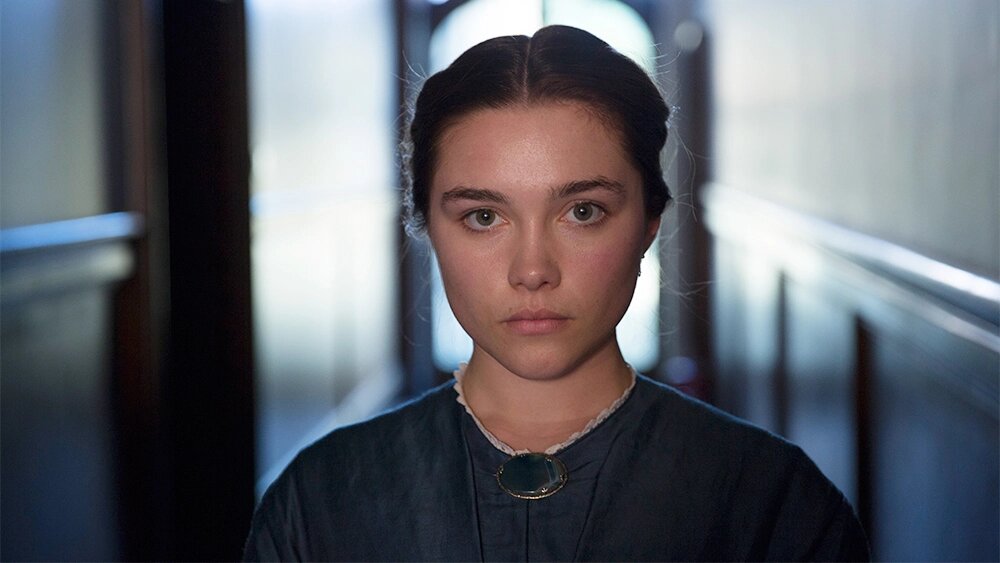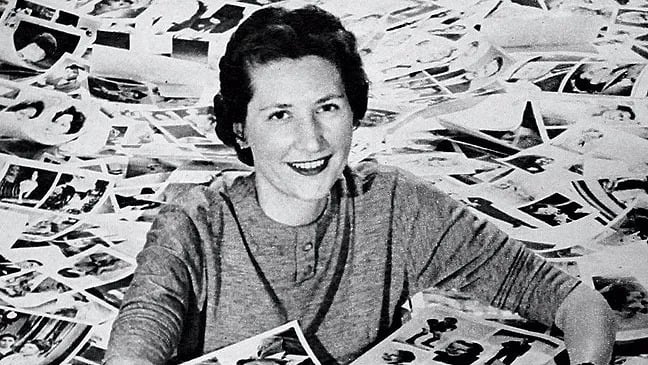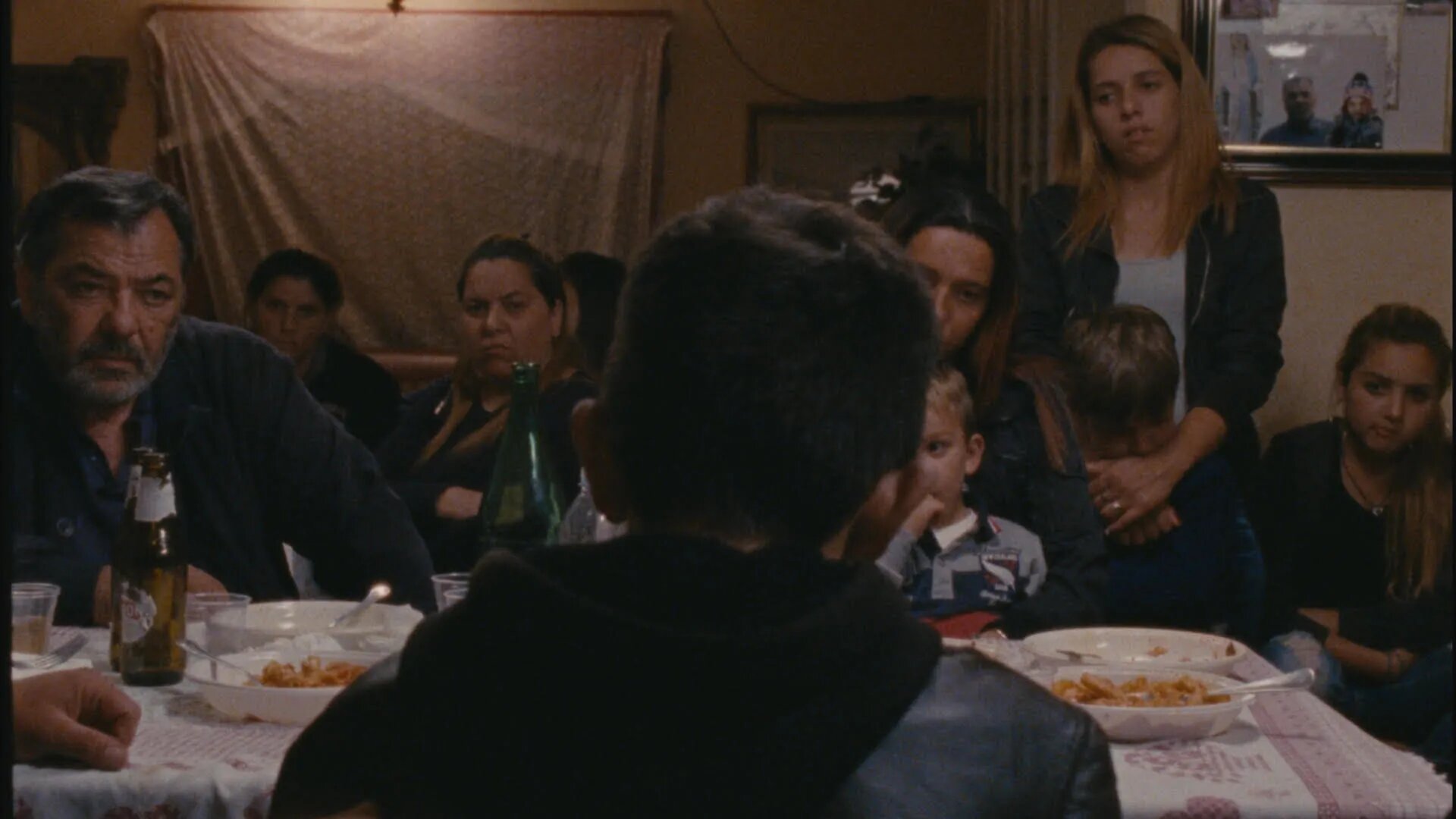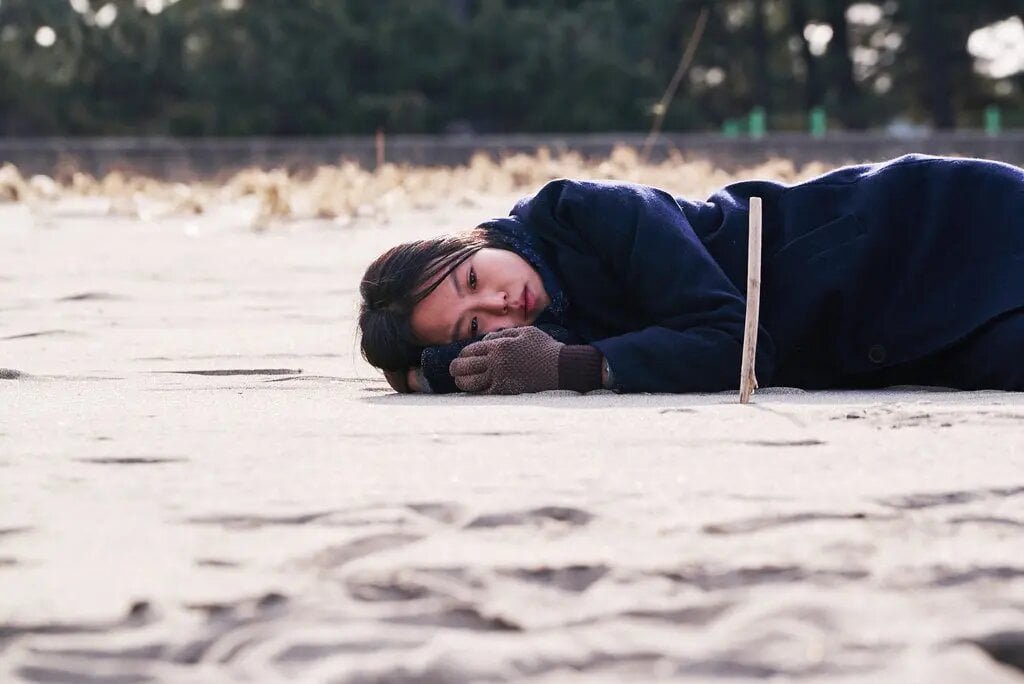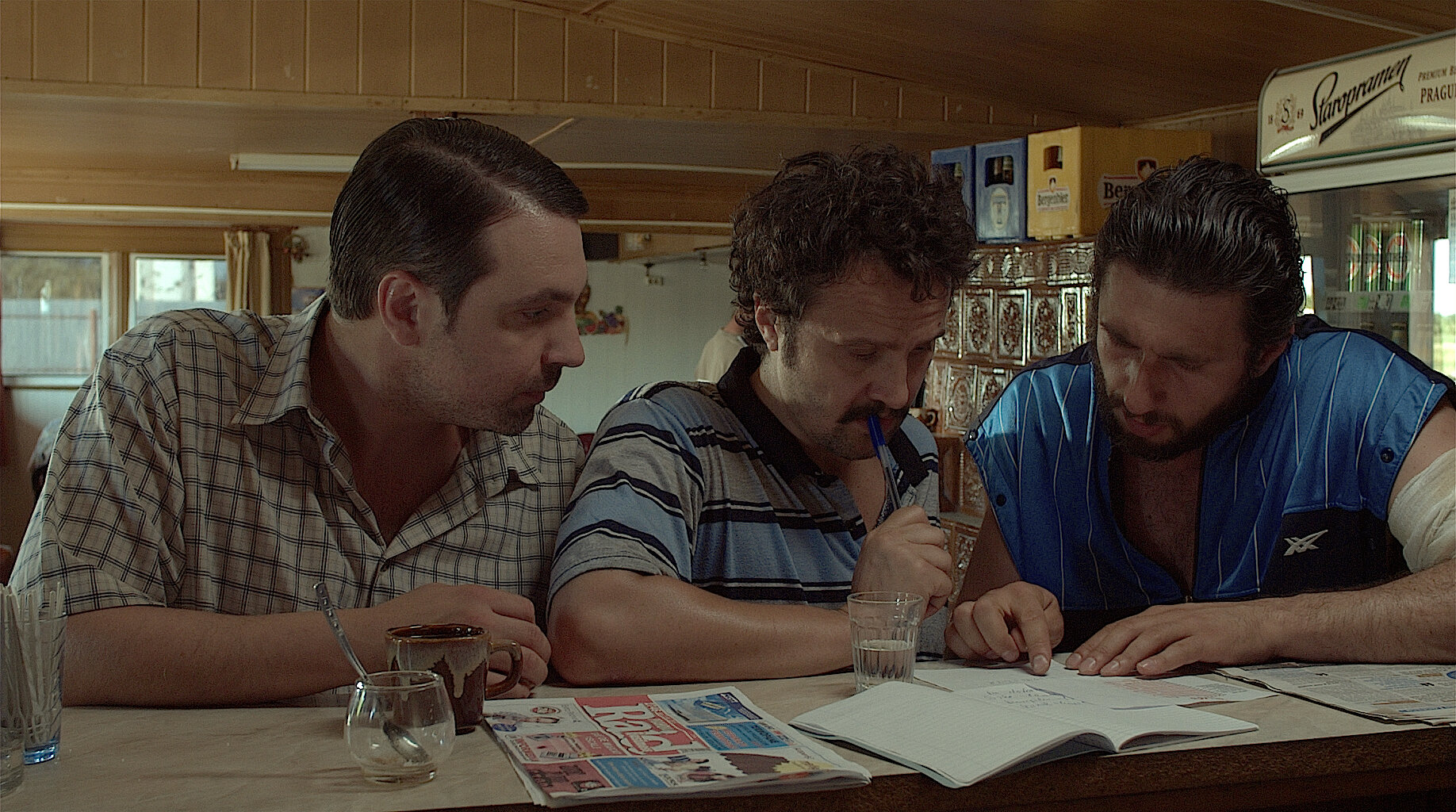Director Crystal Moselle based Skate Kitchen on NYC’s eponymous crew of young female skateboarders, who actually play fictionalized versions of themselves here. That real-life casting lends the film a documentary-esque quality: the girls’ bantering chemistry and die-hard loyalty feel warmly authentic, and the movie would be well worth a watch just to bask in this vibe alone.
The Skate Kitchen girls are an eclectic bunch, but what’s so refreshing — and therapeutic — about the film is that they’re also deeply, instinctively empathetic. These misfits don’t just tolerate but celebrate one another’s uniqueness and respect their differing boundaries (the way the girls and the movie treat shyness as a feature rather than a flaw to be resolved is particularly moving). What’s more, in its own low-key way, Skate Kitchen is an inspirational watch for its portrait of young women building the sanctuary they need themselves — not just in a largely male subculture but on a broader canvas, too. Rather than skulk anxiously on the sidelines, the girls use skating to carve out a space of their own in New York, a way to make the big, scary city feel warm and intimate. Amidst all the steezy ollies and clean rail grinds, these might just be the greatest tricks they pull off.
Genre: Comedy, Drama
Actor: Ajani Russell, Darlene Violette, Dede Lovelace, Elizabeth Rodriguez, Hisham Tawfiq, Jaden Smith, Javier Nunez, John Palumbo, Kabrina Adams, Kobi Frumer, Nico Hiraga, Nina Moran, Rachelle Vinberg, Samuel Smith, Tashiana Washington, Taylor Gray, Thaddeus Daniels, Tom Bruno
Director: Crystal Moselle



